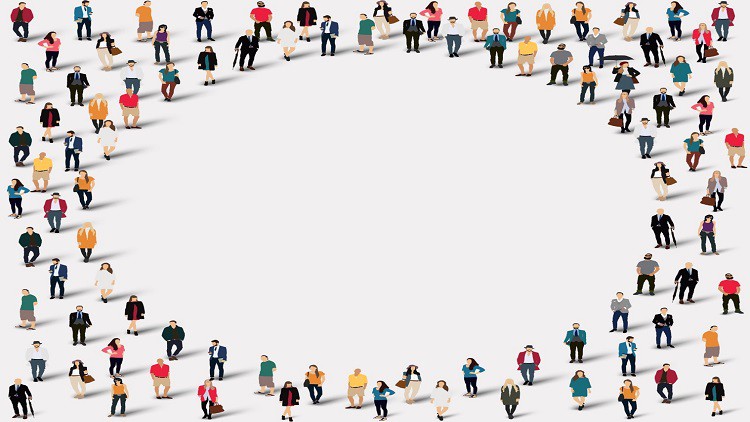
Understanding of the group behaviour and dynamics is important for a successful understanding of people.
What you will learn
Explain What is Interpersonal and Group Processes
Explain Why Study Interpersonal and Group Processes
Explain Classification of Groups
Describe the Assumptions of Interpersonal and Group Processes
Description
A group is a collection of human beings that interacts primarily to share information and to make decisions to help each group member perform within his or her area of responsibility. A ‘group’ is a collection of human beings. Hence, a group is any number of human beings or members considered as a unit. Thus, a group is defined as two or more individuals who are connected to one another by social relationships.
A group interacts primarily to share information and to make decisions to help each group member perform within his or her area of responsibility. ‘Interpersonal and Group Processes’ is the branch of social psychology that studies the psychodynamics of interaction in social groups. Hence, ‘Interpersonal and Group Processes’ studies the influential interpersonal processes taking place in groups.
Human beings also tend to join groups in uncertain situations as a means of gaining reassurance about their problems and seeking security in companionship. Groups also help individuals to seek and achieve higher and far-reaching goals that would be nearly impossible to achieve if they were pursued as individuals. Hence, you can understand that groups are fundamental element of our social lives and so it is crucial that we should have a sound understanding of interpersonal and group processes.
Primary Groups:
Groups were classified into primary groups and secondary groups by the sociologist, Charles Horton Cooley (1909).
Primary groups are small and long-term groups that are primary in sense because they give the person his earliest and complete experience of social unity.
Secondary Groups:
In olden days, people only belonged to primary groups.
However, it was not possible for people to live their full lives being tightly bound and staying close to their tiny, tightly bound families, communities, castes and tribes.
Planned Groups:
Groups that are formed intentionally by their members or by an external authority for some purpose are known as ‘Planned Groups’.
Planned groups are formal, more systematic and largely task focused.
Content
Course Content